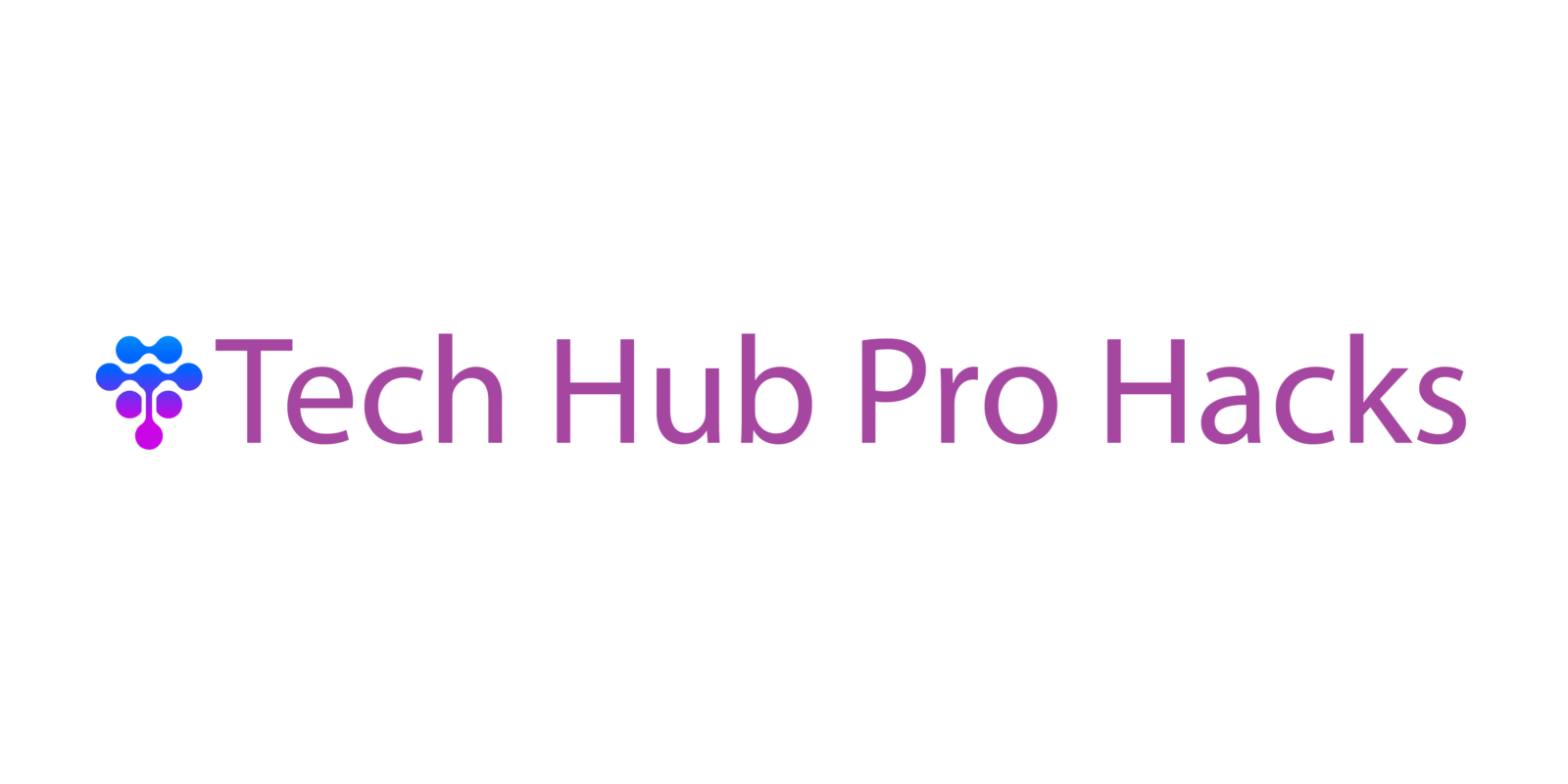Overview of Essential Tech Tools
In running a small business, leveraging the right technology can make a world of difference. I’ve spent years exploring various tools that significantly impact daily operations. These tools can streamline processes, boost productivity, and improve overall efficiency.
Communication Tools
Effective communication is the backbone of any business. Tools like Slack and Microsoft Teams facilitate seamless internal communication. These platforms offer features such as instant messaging, video conferencing, and file sharing.
Project Management Tools
Organizing projects and tasks becomes easier with tools like:
- Trello
- Asana
- Monday.com
These platforms provide features for task assignments, progress tracking, and deadlines, ensuring that every team member stays on the same page.
Accounting Software
Maintaining financial health is crucial. QuickBooks and Xero offer comprehensive solutions for invoicing, payroll, and expense tracking. These tools simplify bookkeeping, making it easy to generate financial reports and stay compliant with tax regulations.
Customer Relationship Management (CRM)
Keeping track of customer interactions enhances client relations. CRMs like Salesforce and HubSpot organize customer data, track communications, and automate follow-up tasks, ensuring a personalized customer experience.
Marketing Tools
Digital marketing is essential for growth. Tools like Mailchimp and Hootsuite help manage email campaigns and social media presence. They offer analytics, scheduling, and automation features to optimize marketing efforts effectively.
E-commerce Platforms
For businesses looking to sell online, Shopify and WooCommerce provide robust e-commerce solutions. These platforms handle product listings, inventory management, and payment processing, making online sales straightforward.
Cybersecurity Solutions
Protecting business data is non-negotiable. Implementing tools like Norton and Bitdefender safeguards against cyber threats. These solutions offer malware protection, firewalls, and data encryption to ensure security.
Cloud Storage Services
Storing and sharing files efficiently is crucial. Google Drive and Dropbox offer secure cloud storage solutions. These tools enable easy access to files from anywhere, facilitating collaboration and data backup.
Human Resources Software
Managing HR tasks effectively is essential. Tools like BambooHR and Gusto streamline recruiting, onboarding, and benefits administration. These platforms simplify HR processes, allowing focus on strategic initiatives.
Analytics Tools
Data-driven decisions lead to better outcomes. Google Analytics and Tableau provide insights into website performance and business metrics. These tools offer detailed reports and visualizations, aiding in strategic planning.
Each of these tech tools brings unique advantages, helping small businesses overcome challenges and thrive in a competitive landscape.
Communication Tools
Effective communication tools are essential for small businesses to maintain seamless interactions. Here are some vital tools to consider.
Email Clients
Email clients facilitate structured communication. Microsoft Outlook and Gmail cater to different needs, offering features like calendar integration, task management, and robust spam filters. Outlook has advanced collaboration tools and integrates with Microsoft Office. Gmail, on the other hand, offers the advantage of Google Workspace integration, making it easy to work with documents, spreadsheets, and other files.
Messaging Apps
Messaging apps enable real-time conversations, improving team collaboration. Slack ranks highly for its organized channels, comprehensive integrations, and search functionality. Microsoft Teams integrates deeply with Microsoft Office, providing a seamless experience for users already invested in the Microsoft ecosystem. Both platforms support features like file sharing, video calls, and threaded conversations, making them versatile choices for small businesses.
Video Conferencing Software

Video conferencing software is vital for virtual meetings and remote collaborations. Zoom has become a popular choice due to its reliability and features like breakout rooms and screen sharing. Google Meet, integrated with Google Workspace, ensures smooth scheduling and joining of meetings from Google Calendar. These tools support different meeting sizes and provide robust security features, ensuring your virtual meetings run smoothly and securely.
Project Management Tools
Effective project management tools streamline operations and enhance team collaboration in small businesses. These tools are vital for keeping projects on track and managing resources efficiently.
Task Management Software
Task management software improves work organization and productivity. Applications like Trello and Asana allow for clear task assignments and tracking of project progress. Trello uses a card-based system to visualize tasks, while Asana provides a more structured approach with task lists, subtasks, and dependencies. Both offer notification features and integration with other tools, making them ideal for small businesses needing to manage multiple projects simultaneously.
Time Tracking Apps
Accurate time tracking ensures efficient time management and project billing. Apps like Toggl and Harvest provide detailed reports on how time is spent across various tasks and projects. Toggl offers a user-friendly interface with manual and automatic tracking features. Harvest, on the other hand, integrates invoicing and expense tracking, which is essential for small business owners needing to streamline payroll and billing processes. Both apps help identify productivity bottlenecks and optimize work hours effectively.
Financial Management Tools
Effective financial management tools enhance small business operations. These tools streamline tasks, improve accuracy, and save time, facilitating business growth.
Accounting Software
Small businesses benefit from using accounting software to manage their finances efficiently. Solutions like QuickBooks and Xero automate bookkeeping tasks, track income and expenses, and generate detailed financial reports. These tools integrate with banking systems to ensure up-to-date records, supporting informed financial decisions. Using cloud-based platforms, my data stays secure and accessible from any location, improving flexibility in financial management.
Invoicing and Payment Solutions
Using invoicing and payment solutions simplifies billing processes and improves cash flow. Tools such as FreshBooks and Invoice2go enable quick creation and dispatch of professional invoices. These platforms support various payment methods, including credit cards and ACH transfers, ensuring clients have convenient payment options. Automated reminders reduce late payments, maintaining steady cash flow and reducing manual follow-up efforts.
Marketing Tools
Marketing tools help small businesses reach and engage their target audience effectively. Key tools include social media management and email marketing services.
Social Media Management
Using social media management tools can streamline multiple social media accounts. Applications like Hootsuite and Buffer allow scheduling posts in advance, and they provide analytics to track performance. These tools integrate well with platforms like Facebook, Twitter, and LinkedIn.
Email Marketing Services
Email marketing services create and manage email campaigns efficiently. Platforms like Mailchimp and Constant Contact offer customizable templates, audience segmentation, and performance metrics. These services help maintain customer engagement and improve open rates.
Customer Relationship Management (CRM)
CRM systems help small businesses build and maintain strong customer relationships. These tools streamline customer interactions, enhance customer satisfaction, and increase retention rates.
CRM Software Options
Choosing the right CRM software is crucial for small businesses. Here are a few reliable options:
- Salesforce: Offers comprehensive features like lead management, sales forecasting, and automation.
- HubSpot: Provides a free plan with essential CRM features, plus tools for marketing and customer service.
- Zoho CRM: Suitable for small businesses with scalable options and integrations.
- Pipedrive: Known for its user-friendly interface and pipeline management capabilities.
- Freshsales: Combines sales automation, lead scoring, and built-in phone and email integration.
- Enhanced Organization: CRMs centralize customer data, making it easy to access contact details, past interactions, and purchase history.
- Improved Customer Service: With detailed customer profiles, teams can provide personalized support and faster resolutions.
- Increased Sales: CRMs help identify leads, track customer journeys, and automate follow-ups, boosting sales efficiency.
- Better Marketing: Segmenting customers based on their behavior allows businesses to create targeted campaigns, improving engagement.
- Data-Driven Decisions: CRMs provide analytics and reporting features, aiding in informed business decisions based on trends and customer insights.





